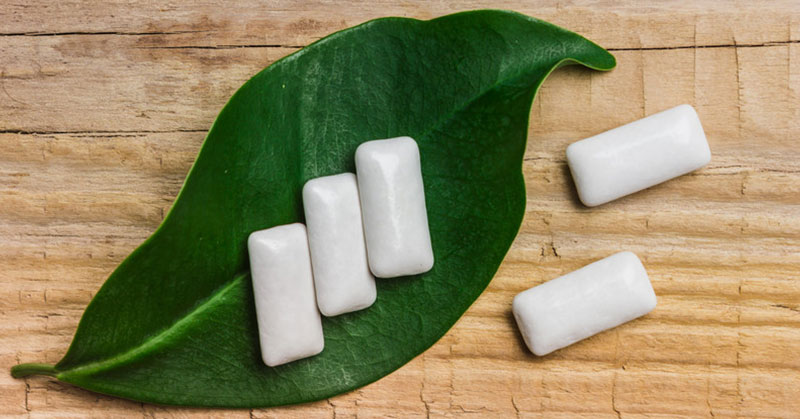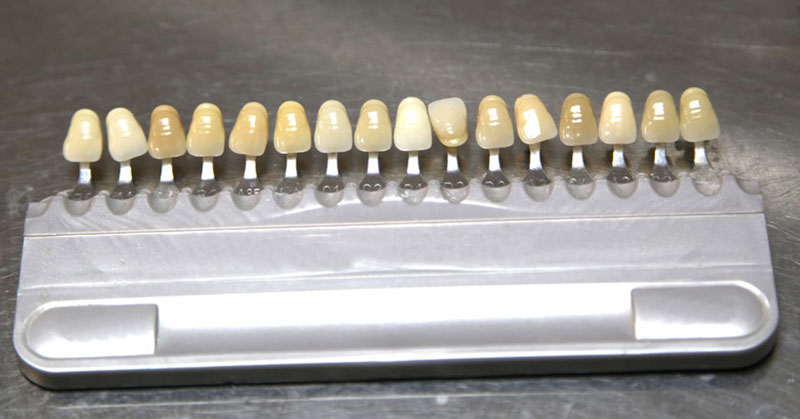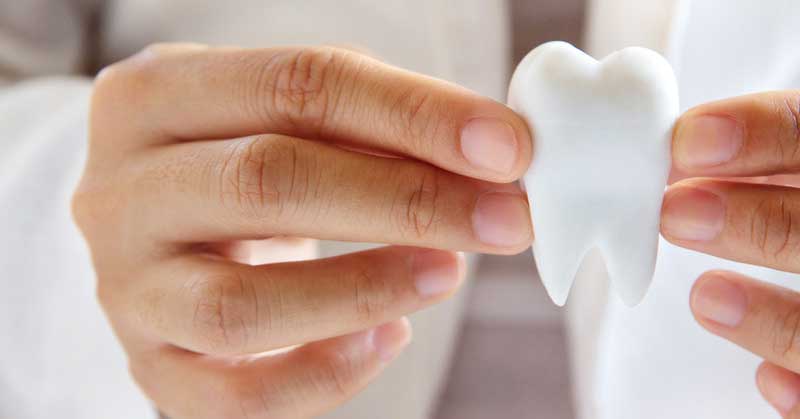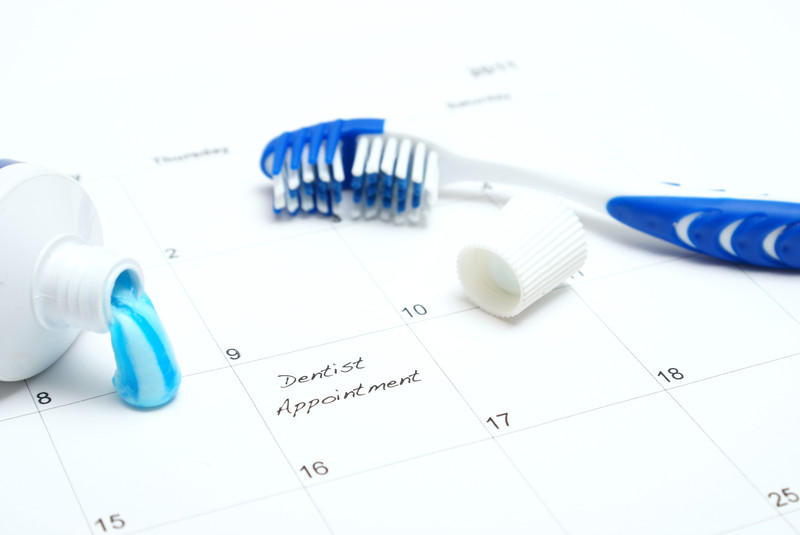
We all lead very active lifestyles. With so many deadlines and responsibilities it can be easy to put your oral hygiene on the backburner simply because you’re on the go. You don’t need to be at home to maintain a good routine for taking care of your teeth and gums. No matter where you may find yourself on any day of the week, you can always put proper oral care at the forefront of your mind. Here are four ways to keep your mouth feeling and smelling fresh all the time.
Portable Toothbrush
There really is no reason not to have a toothbrush on you when you’re away from home. You can buy one just about anywhere, from the pharmacies to gas stations, and they’re small enough to fit in any pocket or travel bag. Just be cautious when you use a portable brush, even though many of the carrying containers have vent holes, you should let the brush dry thoroughly before placing it back in the case. Otherwise, bacteria could grow on the head and bristles
Avoid Dry Mouth
Maintaining a moist mouth is vital for good oral health. Dry mouth is one of the major causes of bad breath and it can lead to oral maladies and other ailments that aren’t limited to the mouth. Drinking water is a good start but that may not be enough, even if you rinse after each meal. Try having some green or peppermint tea to keep your mouth sufficiently moist or add some oil of oregano to your water for powerful antioxidants that will promote a clean mouth and fresh breath.
Sugar-Free Gum
Chewing sugar-free gum is a good way to clean out your mouth because the saliva it produces can help to wash out any bits of food lodged in your mouth after a meal. Plus it’s a good alternative to eating sugary snacks that can have a detrimental impact on your teeth and gums.
See Your Dentist
This is always good advice, but it’s even more important if you plan on taking a long trip. Having a checkup before you leave will ensure that your mouth is in good shape and you won’t encounter any problems while you are on your vacation or business trip. When your mouth has a clean bill of health, the likelihood of a major dental problem arising is minimized and you can enjoy your trip instead of trying to find good dental care in an unfamiliar city.






 There has never been a better time to look into the option of straightening your teeth with braces. Gone are the days when having teeth straightened was only for the awkward teenage years. If you have long wished your teeth were straighter and are still self-conscious about the way your smile looks there are options available that can get you feeling good about yourself and your smile for good. Not only is it common for adults to have braces nowadays there are many options besides the traditional silver metal brackets that are less noticeable or even practically invisible. Depending on the extent of the misalignment in your teeth and jaw will be a deciding factor in which type of braces are the best for you.
There has never been a better time to look into the option of straightening your teeth with braces. Gone are the days when having teeth straightened was only for the awkward teenage years. If you have long wished your teeth were straighter and are still self-conscious about the way your smile looks there are options available that can get you feeling good about yourself and your smile for good. Not only is it common for adults to have braces nowadays there are many options besides the traditional silver metal brackets that are less noticeable or even practically invisible. Depending on the extent of the misalignment in your teeth and jaw will be a deciding factor in which type of braces are the best for you.


